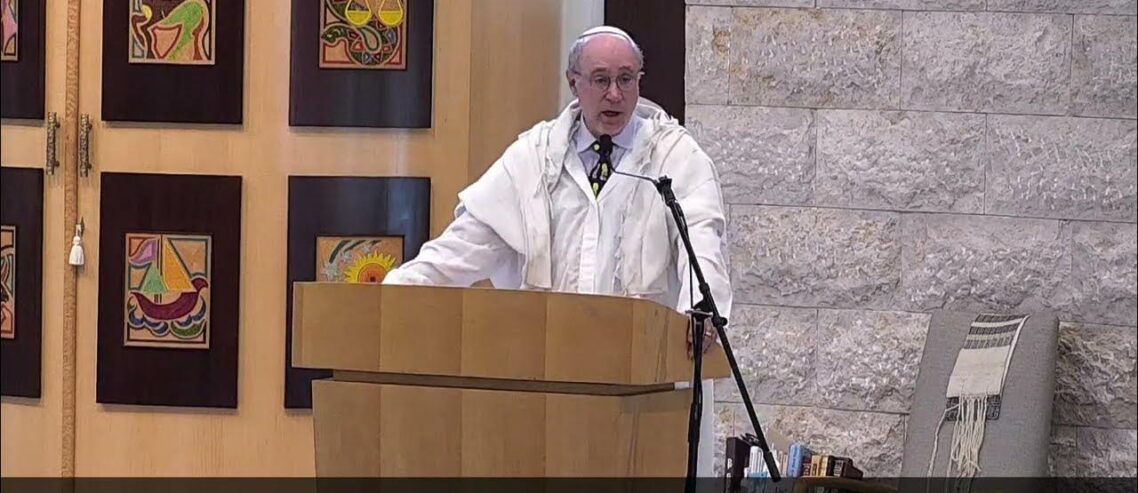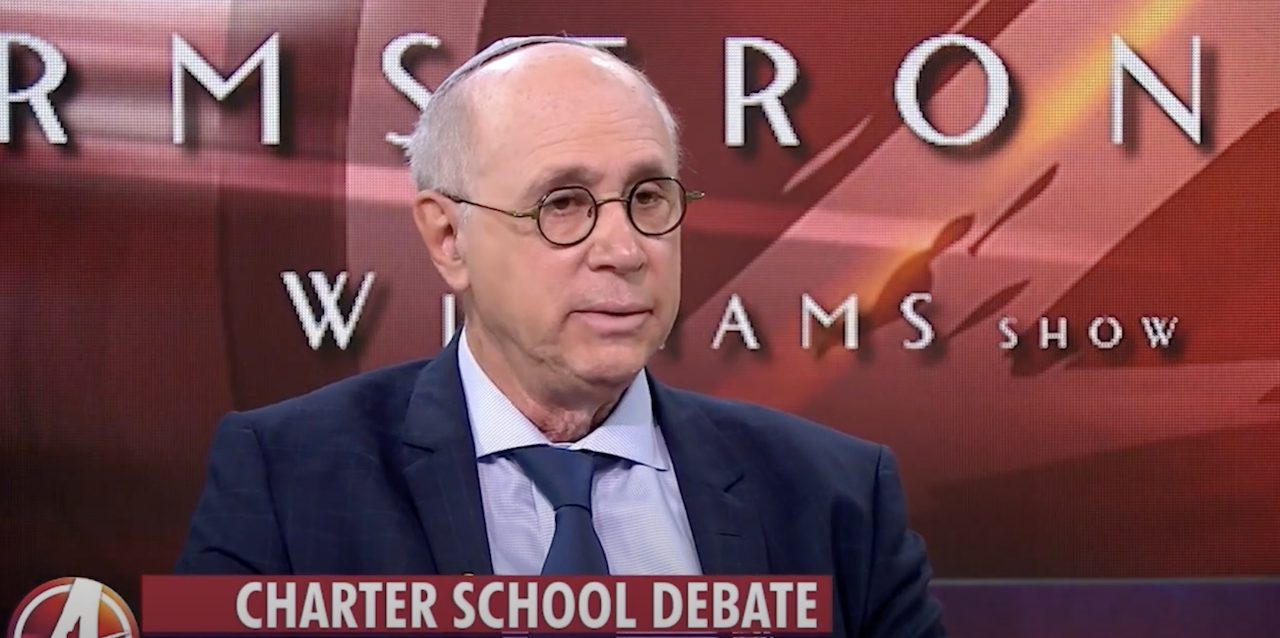Jewish Values: Making Us and the World Better
Rabbi Weinblatt’s Sermon
On the Second Day of Rosh Hashana
We do not realize since we are so integrated, assimilated and accepted in American life, that Judaism is a distinct philosophy and outlook which on occasion goes against prevailing norms and attitudes of the society around us.
An example of Judaism’s unique approach, is that whereas America is a country built on the principle of individual rights and privileges, Judaism places more of an emphasis on our obligations and responsibilities. America values individualism, while Jewish law emphasizes community over individual rights.
On Halloween, American kids go to homes and say “Trick or Treat”, which if taken literally contains an implied threat. But leaving that aside, they ask for candy.
Contrast that with the holiday of Purim when, instead of asking others, including strangers, to cough up the goods, to give a treat or candy, we Jews perform the mitzvah of “shlach manot” – bringing and sending gifts to friends, as well as to the needy and poor.
Another difference is one I spoke about two years ago – “cancel culture”. Judaism prefers teshuva, giving someone the chance to apologize and make emends rather than just cancelling them – whether for individuals in the public limelight, or in our personal relationships with family and friends.
Even the concepts of kashrut which restricts certain foods, and shabbat, setting aside a day of rest each week, when we refrain from work, technology, handling money and normal activities, are grounded in the notion that not all is permitted, which also distinguishes us from the rest of society.
Finally, to a world that is concerned with the here and now, we believe we are responsible for the world we live in and the world we leave to the next generation.
A famous story of Honi HaMa’agel illustrates this. He once saw an old man planting a tree and paused to ask him why he is bothering to plant a tree, since he will not be able to enjoy its fruit, which will not be produced for another 70 years. The man replied, “just as my ancestors who came before me planted trees so I would be able to enjoy their fruit, so, too am I obligated to plant for those who will come after me.”
One of our greatest gifts to humanity is the concept of Tikun Olam, correcting, repairing and improving the world. It is our responsibility to future generations. When Symcha and I recently had dinner with Governor Wes Moore and his wife, he was moved by a passage I shared with him from the Talmud that proclaims, “We are not obligated to complete the task, but neither are we free to desist from it.”
On this day when we celebrate the creation of the world, we should be especially cognizant of our role as God’s partners in creation. It means that we have a sacred responsibility to care for the earth that has been entrusted to us and to protect the environment and ecology. Doing our part to limit pollution and the waste of precious limited natural resources, to mitigate the disastrous consequences of climate change is all a Jewish responsibility and imperative.
It really comes down to what kind of world we want to live in and what we want to leave to our children and grandchildren.
Expanding on the dictum: Derekh Eretz kadmah latorah, “Being considerate of others takes precedence over the Torah” Rabbi Joseph Soloveitchik said, “Religion helps to capture, preserve, and perpetuate our values.”
To the questions of why and how to be Jewish – practicing and living values such as honesty, modesty, compassion, fairness, respecting the dignity of all, and caring for others are hallmarks of Jewish ethics and the Jewish way of life and are part of the answer to the question I have sought to address over the years.
I conclude with a story of a man who showed his rabbi the will he had drawn up leaving his children all his assets and valuables. The rabbi told him it was nice, but that he had not left them enough. “What do you mean?” asked the man incredulously, adding, “But rabbi, I left them everything I have. I am giving them all my money.”
The rabbi replied, somewhat stoically, “You should leave to your children not just your valuables, but also your values.”





